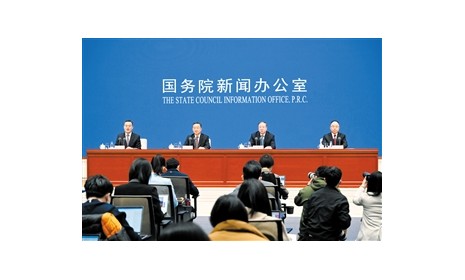2022年12月7日,欧盟食品安全局就一种果胶酯酶(pectinesterase)的安全性评价发布意见。
据了解,这种食品酶是由转基因琉球曲霉菌株FLZSC生产的,旨在用于生产果汁和其他水果或蔬菜产品的水果和蔬菜加工,以及用除葡萄以外的水果制造酒精饮料。
经过评估,专家小组认为,在预期的使用条件下,尽管可能性不大,但不能排除饮食暴露引起过敏反应的风险,尤其是对橄榄花粉过敏的个体。该小组得出结论,这种食品酶在预期使用条件下不会引起安全问题。部分原文报道如下:
The food enzyme pectinesterase (pectin pectylhydrolase, EC 3.1.1.11) is produced with the genetically modified Aspergillus luchuensis strain FLZSC by Advanced Enzyme Technologies Ltd. The genetic modifications do not give rise to safety concerns. The food enzyme was considered free from viable cells of the production organism and its DNA. It is intended to be used in fruit and vegetable processing for the production of juices and other fruit or vegetable products, as well as in the manufacture of alcoholic beverages from fruits other than grapes. Dietary exposure to the food enzyme–total organic solids (TOS) was estimated to be up to 0.274 mg TOS/kg body weight (bw) per day in European populations. Genotoxicity tests did not raise a safety concern. The systemic toxicity was assessed by a repeated dose 90-day oral toxicity study in rats. The Panel identified a no observed adverse effect level of 833 mg TOS/kg bw per day, the highest dose tested, which, when compared with the estimated dietary exposure, resulted in a margin of exposure of at least 3,040. A search was made for the similarity of the amino acid sequence of the food enzyme to those of known allergens and three matches with respiratory allergens were found. The Panel considered that under the intended conditions of use, the risk of allergic reactions by dietary exposure, particularly in individuals sensitised to olive pollen, although unlikely, cannot be excluded. The Panel concluded that this food enzyme does not give rise to safety concerns under the intended conditions of use.















